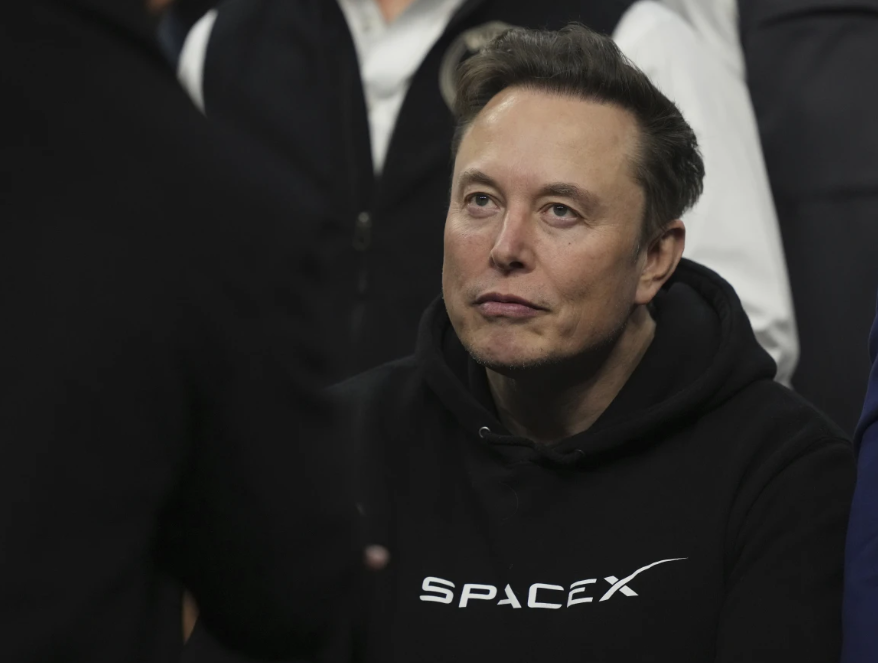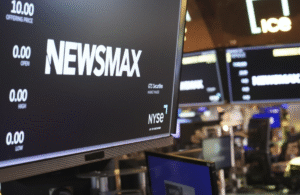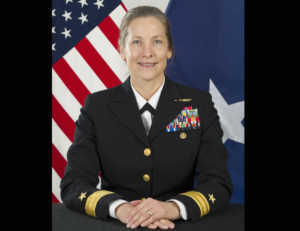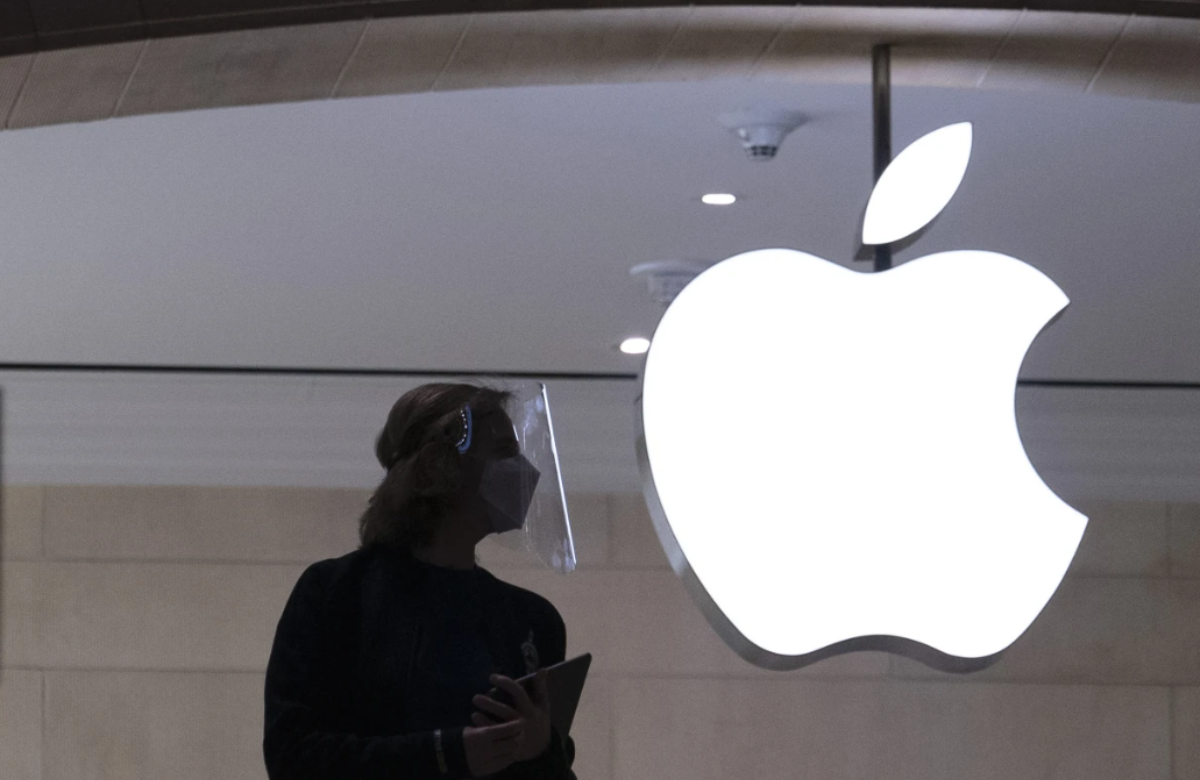Wisconsin Attorney General Seeks to Block Elon Musk’s $1 Million Giveaway Before Supreme Court Election
Wisconsin’s attorney general filed a request on Sunday asking the liberal-controlled state Supreme Court to stop billionaire Elon Musk from distributing $1 million checks to two voters. This appeal came just hours before Musk was scheduled to make the giveaway at an evening rally.
Earlier on Saturday, an appeals court had dismissed the legal challenge brought by Democratic Attorney General Josh Kaul. He argued that Musk’s offer violates a state law that prohibits giving anything of value in exchange for a vote.
The Supreme Court election in Wisconsin, set for Tuesday, is highly competitive, with control of the court hanging in the balance. Currently, liberals hold a narrow 4-3 majority.
At Musk’s rally in Green Bay, scheduled for 7:30 p.m. EST, he announced plans to hand over two $1 million checks to voters who had signed an online petition opposing what he called “activist” judges.
Musk and former President Donald Trump are supporting Waukesha County Judge Brad Schimel in the Supreme Court race, while Democrats are backing Dane County Judge Susan Crawford. Trump and his allied groups have spent over $20 million to support Schimel’s campaign.
Wisconsin Supreme Court to Decide on Elon Musk’s $1 Million Giveaway Amid High-Stakes Election
Wisconsin’s attorney general filed an appeal on Sunday seeking to block billionaire Elon Musk from handing over $1 million checks to two voters. This legal move came just before Musk’s planned giveaway at an evening rally.
Crawford’s campaign chose not to comment on the appeal. The justices who will decide this case include the liberal incumbent whose retirement this year triggered the race for an open seat, which could shift the balance of power on the court. This contest has set new national records for spending in a judicial election, with over $81 million invested.
Musk’s political action committee had previously used a similar approach before the 2020 presidential election, offering $1 million daily to voters in Wisconsin and six other battleground states who signed a petition supporting the First and Second Amendments. A judge in Pennsylvania ruled that prosecutors had not proven it was an illegal lottery, allowing the effort to continue through Election Day.
The appeals court ruled on Saturday that the attorney general’s argument lacked sufficient legal depth to warrant a blocking order against Musk. The court also noted that while Kaul claimed the Columbia County Circuit Court had refused to hear his lawsuit, he provided no specific details about the court’s decision.
Wisconsin Court Struggles to Verify Musk’s $1 Million Giveaway Amid Legal Dispute
There is no record of the county court’s decision in the state’s online court database, and neither Attorney General Josh Kaul’s office nor the state court office has provided any documentation regarding the court’s actions, which occurred after business hours on Friday night.
The appeals court stated, “We are not permitted to be the first court to decide whether the respondents are engaged in the conduct that is alleged, or to determine the legal status of that conduct.”
On Friday, Elon Musk initially announced on his social media platform, X, that he intended to “personally hand over” $2 million to two voters who had already cast their ballots in the Supreme Court race.
Later, Musk clarified his statement, explaining that the funds would go to individuals who would serve as “spokesmen” for an online petition opposing what he called “activist” judges. He first indicated that the event would be open only to those who had voted in the race but later revised this, stating that attendance would be restricted to individuals who had signed the petition.
Elon Musk’s PAC Names First $1 Million Giveaway Recipient Amid Wisconsin Supreme Court Race
On Friday, Elon Musk’s political action committee announced the first recipient of its $1 million giveaway—a man from Green Bay who has contributed to the Wisconsin GOP and the conservative candidate in the Supreme Court race. This individual also has a history of publicly supporting former President Donald Trump and his political agenda.
The judicial election is particularly significant as Wisconsin’s highest court is expected to rule on critical issues, including abortion rights, congressional redistricting, union power, and voting regulations. These decisions could have a major impact on the 2026 midterm elections and the 2028 presidential election in Wisconsin.













